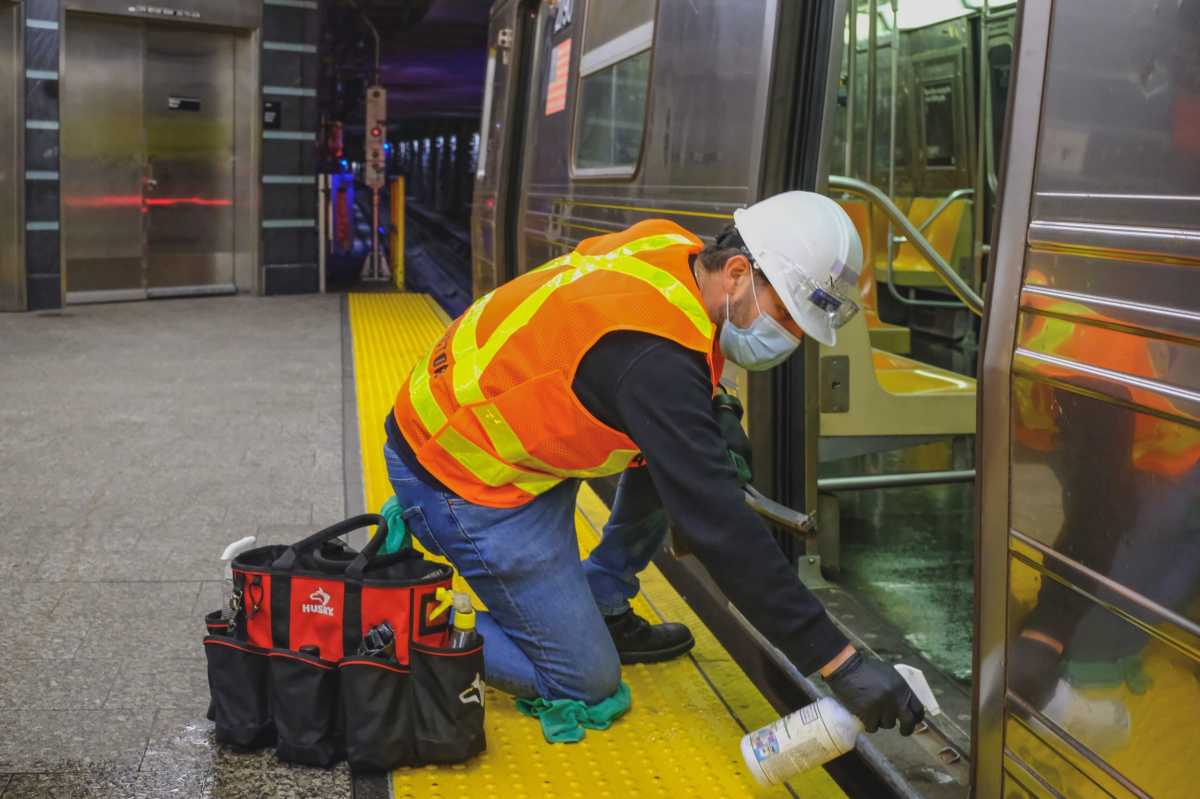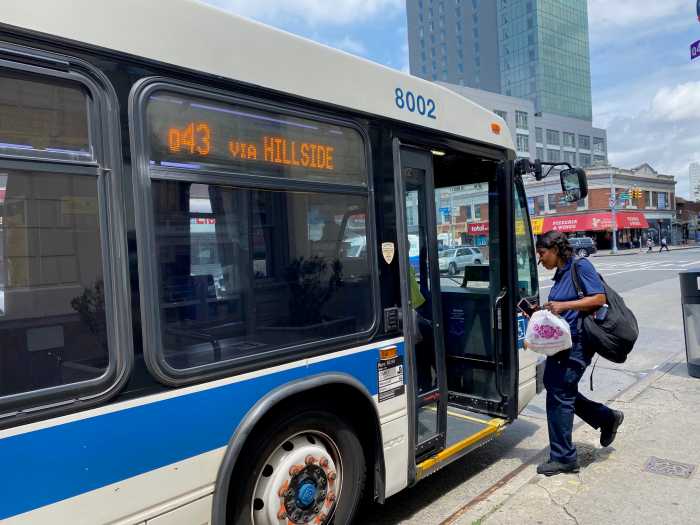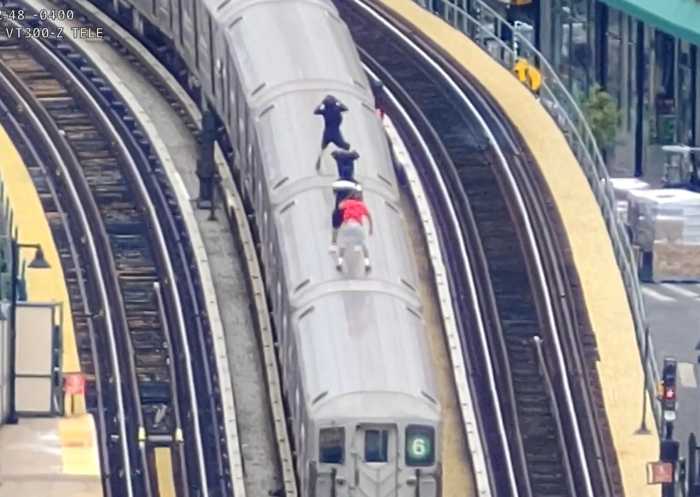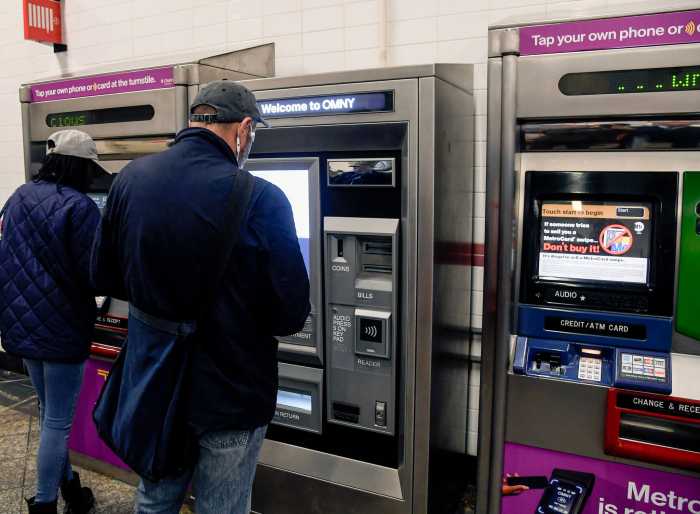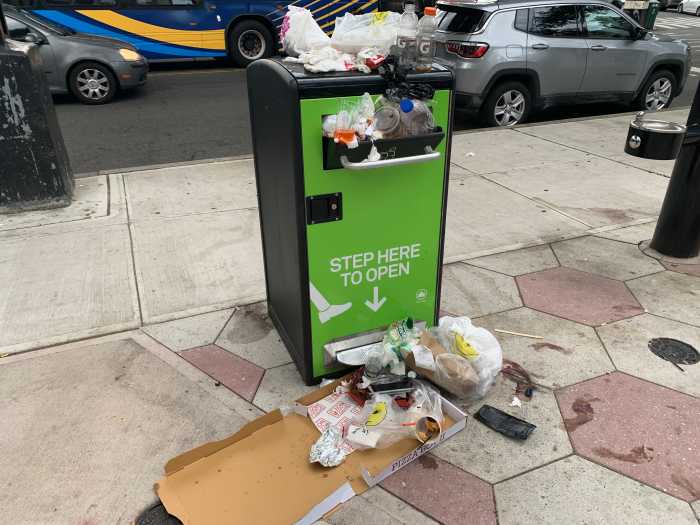The May MTA board meeting brought an unexpected debate between members; which agency is worse for COVID-19 cases, the MTA or the New York City Department of Corrections?
Robert Linn, commissioner of the city Office of Labor Relations, made the point that with 120 coronavirus-related deaths among transit workers, staff at Rikers Island had a lower infection rate.
“I believe the statistics of the transit and bus workers is perhaps three or more times worse than the corrections officers at Rikers Island and that to me is a frightening problem that we must come to grips with,” Linn said. “I would that by the time we are ready to expand service there are no more cases among transit workers. That we have done what it takes to create absolute safety and that will be the way to publicly entice people back into the mass transit system.”
Chief Safety Officer Pat Warren countered that the infection rate for MTA employees was not much worse than DOC and that across the board did not stray farther than any other agency in the New York City metropolitan area. According to MTA Chair Pat Foye, staffing shortages which in March pushed the cancellation of 30% of train trips has been reduced to 0.5% as 8,700 workers have returned to the trains and buses.
The number of employees testing positive for COVID-19 has dropped to less than a dozen, according to Warren.
Despite the disagreement, however, the MTA plans to outsource yet another pandemic plan based on how the system has experienced COVID-19 with WSP, a contractor used to help envision the L train shutdown, the 7 train extension to Hudson Yards, among other projects.
The “COVID-19 Pandemic Public Transportation Response: Safeguarding Riders and Employees” will identify from a scientific standpoint best practices to take for transit agencies.
“The report won’t be making specific recommendations to MTA but provide the agency and its stakeholders with case studies that can be considered for use in the MTA system,” John Gasparine, Assistant Vice President of Northeast Transit at WSP, said at the conclusion of his presentation.
The WSP Global Practices study is currently in the works and Foye said more details will be available at the June board meeting, and no cost estimate for the report was revealed by MTA officials.
But while the MTA was confident they would have the guidebook out in June, about the time New York City may come out of COVID-19 hibernation, there was no guesstimate on when 24-hour service on subways would be restored.



